 One of the most powerful offices in New York City will be chosen by just 51 people.
One of the most powerful offices in New York City will be chosen by just 51 people.
The race is on to determine the next City Council Speaker and seven council members attended a forum Wednesday night as they vie to fill a position that could provide key support — and potentially fierce opposition — to incoming Mayor Bill de Blasio.
It is a post that has just 50 constituents: the other council members. They are expected to officially vote on the post in early January, after the new council is sworn in, though backroom deals often settle the matter before then.
The candidates, all Democrats, have similar left-leaning views and have been largely fighting over the mantle of the progressive choice — stressing their close ties to de Blasio, whose unabashedly liberal platform delivered him to a record-setting landslide earlier this month.
Melissa Mark-Viverito, who represents East Harlem and parts of the Bronx, was one of the de Blasio’s first supporters during the flailing early days of his underdog campaign.
“Now is our progressive moment and I see myself as the progressive candidate who has an inclusive vision and a record of accomplishment,” Mark-Viverito said at the forum at Baruch College in Manhattan. Though the public has no say in the process to replace outgoing speaker Christine Quinn, the leading candidates have engaged in several open debates reminiscent of the mayoral forums that dominated that campaign last spring.
Council member Jumaane Williams from Brooklyn, a staunch advocate of police reform, belongs to the council’s 20-person Progressive Caucus alongside Mark-Viverito. The caucus, which supports reforms that may weaken the speaker’s power, has pledged to throw its support behind one candidate.
Other candidates in the running include Mark Weprin of Queens, Dan Garodnick and Inez Dickens of Manhattan and James Vacca and Anabel Palma of the Bronx. With few policy differences among them, the candidates strained to differentiate themselves at the forum by touting their varying backgrounds.
Dickens boasted of her close ties to Quinn, while Garodnick touted his independence from the Progressive Caucus and other voting blocs. Palma said her time briefly being homeless helped her connect with the less fortunate while Weprin said his 15 years in Albany as an assemblyman showed him how to navigate a legislature.
Weprin also noted that, due to term limits, only he and Williams would be able to run for a second four years as speaker and he pledged that he would not be “distracted” by a run for a higher office.
“I will not, I promise you, will not run for mayor of the city of New York. Ever,” he said.
Many of them have stressed their ties to the labor unions, which are expected to exert some behind-the-scenes influence on the process. De Blasio has no formal role in the selection process but is believed to favor Mark-Viverito.
There will only be three Republicans on the new council when it convenes in January. It is expected to be largely supportive of de Blasio’s agenda.
Under Quinn, who aggressively used the powers of the speakership to favor council members who supported her and sometimes punish those who didn’t, the liberal council had a topsy-turvy relationship with Republican-turned-independent Mayor Michael Bloomberg. But Quinn largely supported Bloomberg’s signature initiatives — including his push to overturn term limits in 2009 in order to run again — and her links to Bloomberg were a major factor in the downfall of her mayoral campaign this year.
Both Quinn and Bloomberg are leaving office at the end of December.
(AP)





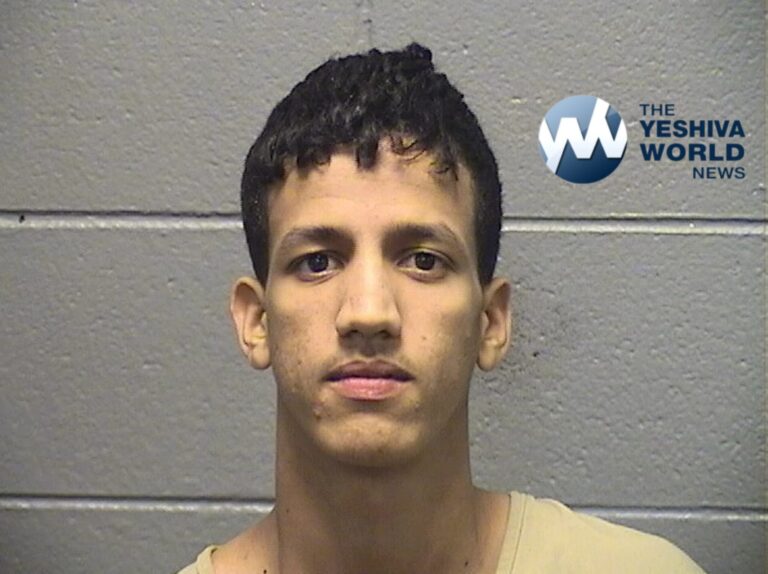
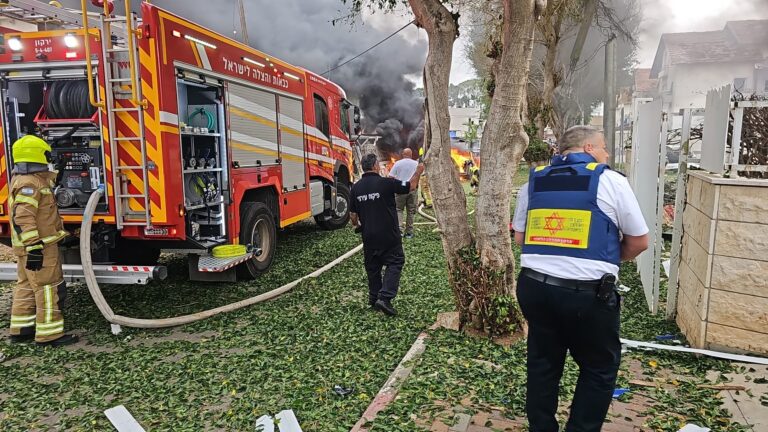
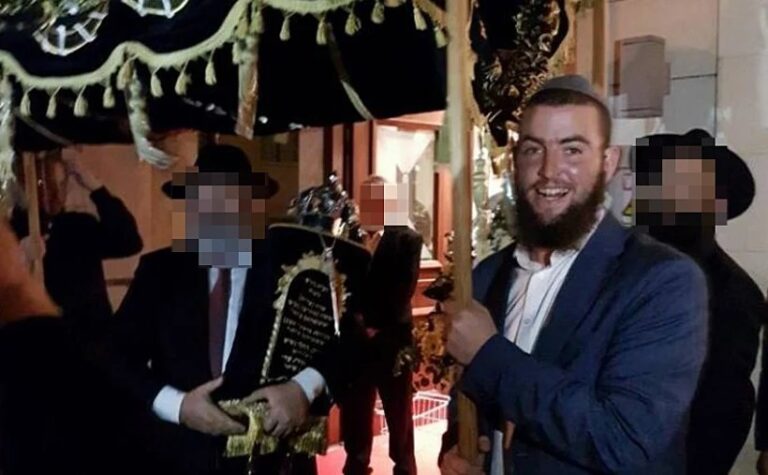

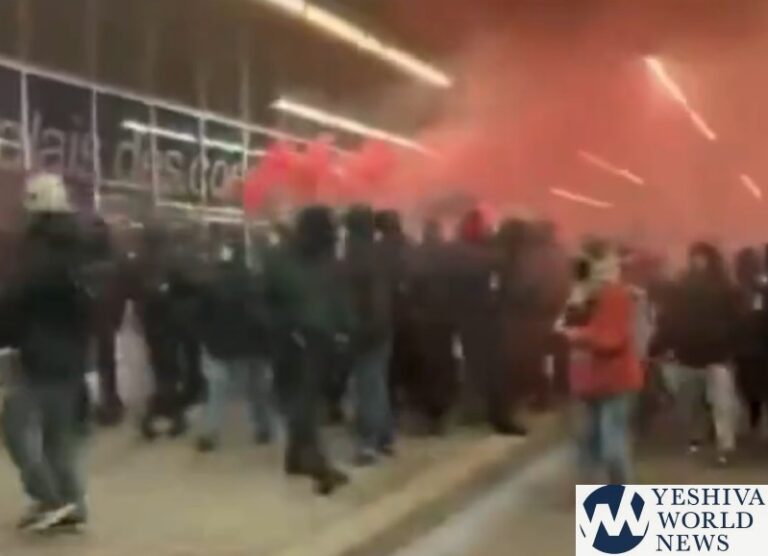
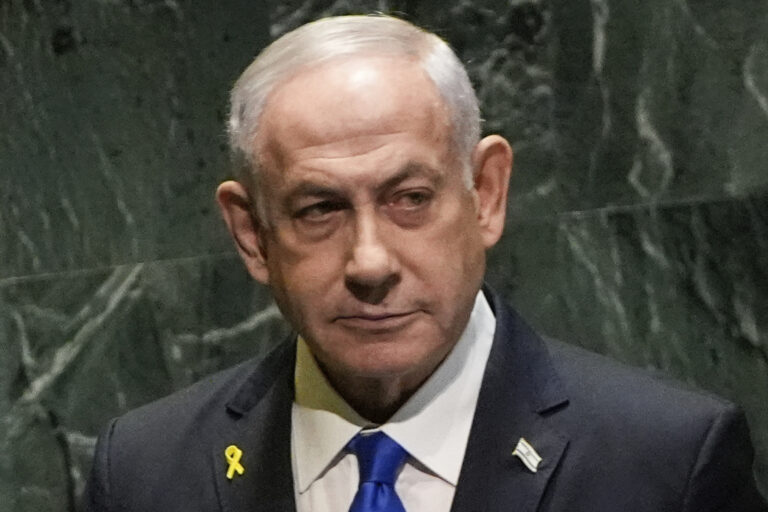
One Response
“Under Quinn, who aggressively used the powers of the speakership to favor council members who supported her and sometimes punish those who didn’t”
Baruch HaShem that she was willing to do that — freezing out Charles Barron from any influence whatsoever.